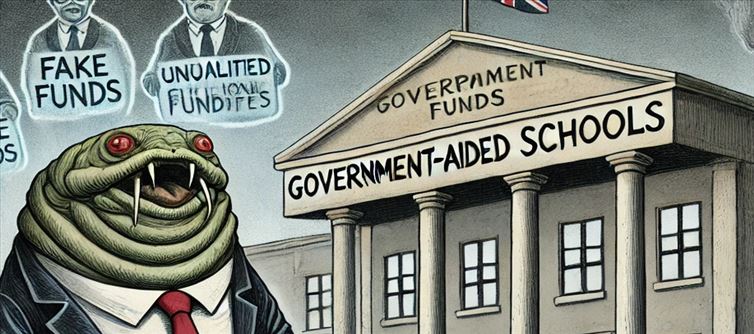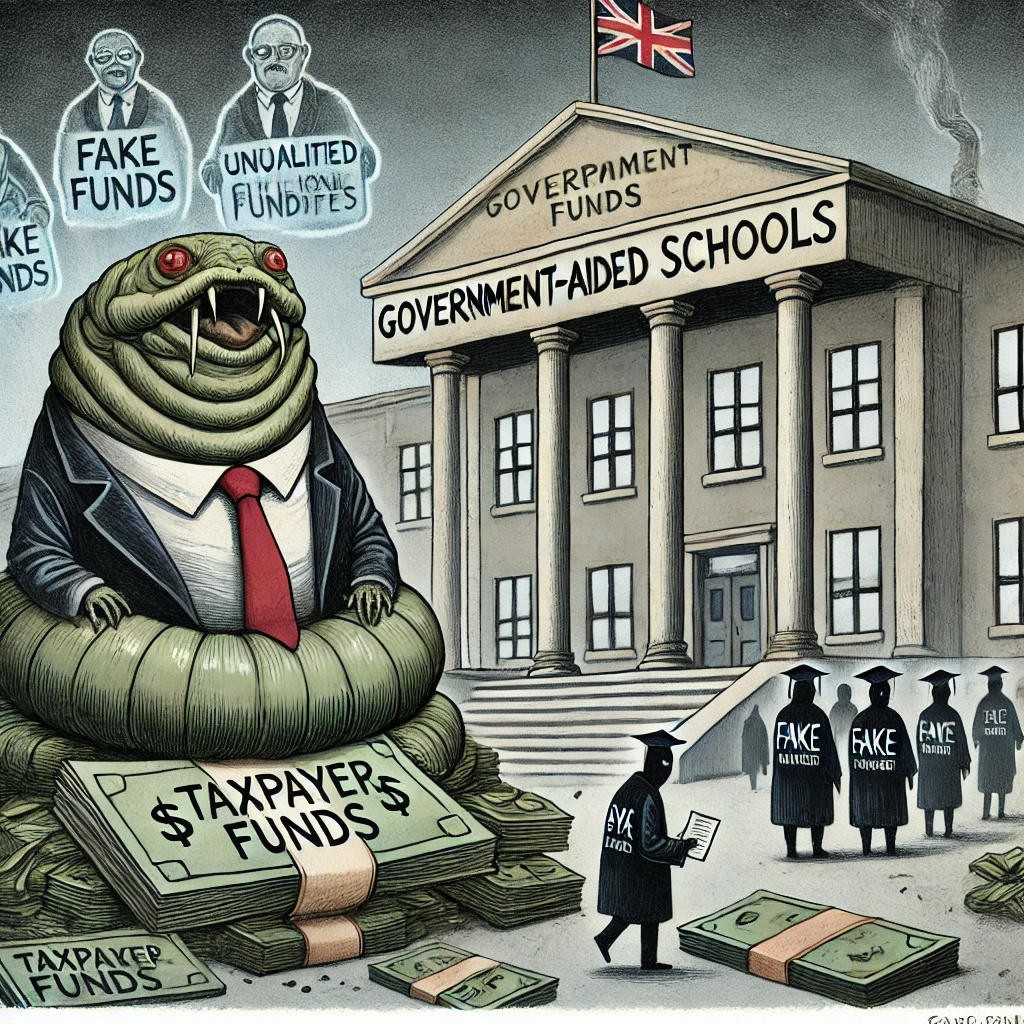
The demand for the 8th Pay Commission is a contentious topic, and when instances like the alleged malpractice in the Delhi Tamil education Association (DTEA) Schools come to light, the frustration of taxpayers becomes entirely understandable. Reports of appointing faculty members, including relatives, with fake experience certificates highlight a troubling misuse of public trust and resources.
Mismanagement and Corruption in Government-Aided Institutions
Government-aided institutions like DTEA schools receive significant financial support from taxpayers, meant to ensure quality education for students and fair opportunities for deserving candidates. However, when positions are allegedly sold or handed out based on nepotism, it not only undermines the system but also puts unqualified individuals in roles that shape the future of our children.
Taxpayers' Money Funding the Wrong Priorities
These schools, like many other government-aided institutions, are indirectly funded by the hard-earned money of taxpayers. The notion that this money could be used to pay inflated salaries to unworthy individuals—while many private-sector employees and entrepreneurs struggle without job security or pension benefits—is infuriating.
The Audacity to Demand More
When such malpractice surfaces, it raises the question: What moral right do these individuals have to demand the 8th Pay Commission? Should the taxpayers' burden increase to accommodate higher salaries and allowances for individuals in a system riddled with inefficiencies and corruption?
Instances like the alleged corruption in DTEA Schools are a stark reminder of why taxpayers are disillusioned with demands for higher salaries under the 8th Pay Commission. It’s time for the government to prioritize accountability and efficiency, ensuring that public funds are used to uplift deserving citizens, not to line the pockets of fraudsters and leeches in the system.
Taxpayers deserve answers and reforms, not another layer of exploitation.




 click and follow Indiaherald WhatsApp channel
click and follow Indiaherald WhatsApp channel